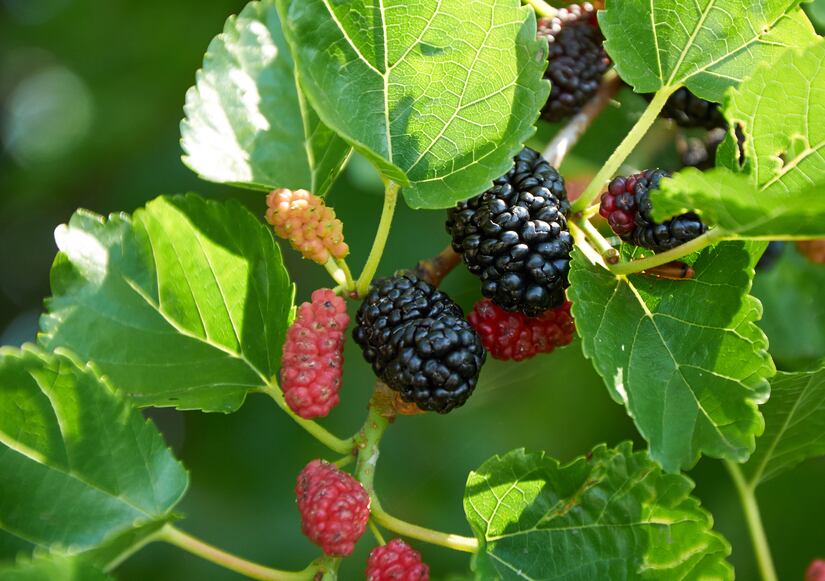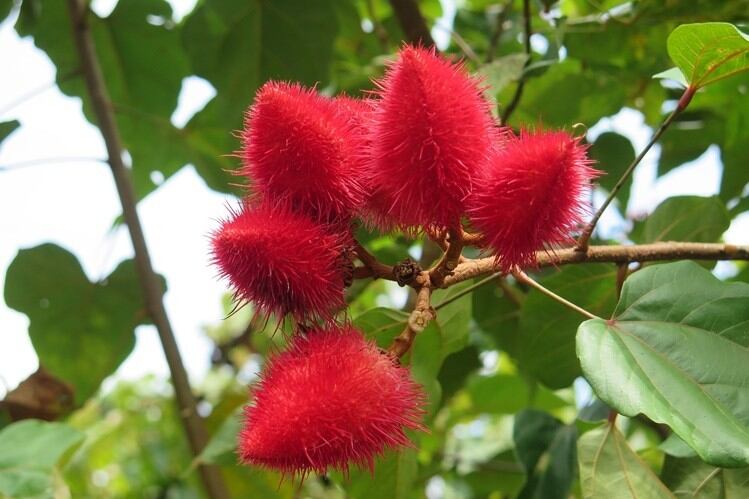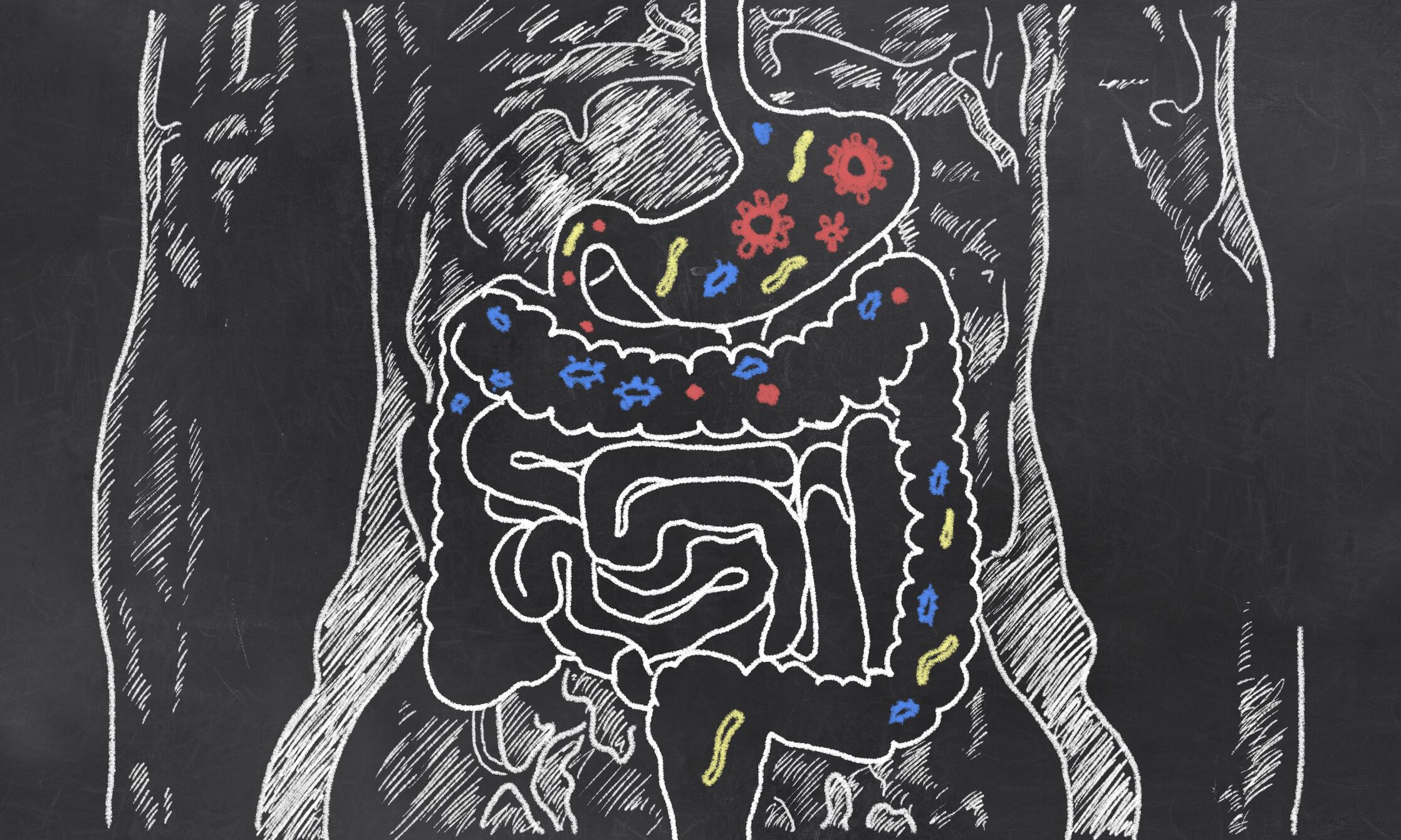Mice induced with diabetes supplemented with various doses of mulberry leaf (Morus alba L.) extract exhibited not only lowered blood glucose and insulin “but also decreased triglyceride and total cholesterol levels,” wrote researchers from Chonbuk National University Medical School in South Korea.
Their paper was published last month in the journal Food & Nutrition Research.
A link between mulberry leaf supplementation with blood sugar levels has been proposed before—a human clinical trial from 2013 had positive results for mulberry leaf extract supplementation and blood sugar spikes, for example. More recently, a Polish study found that a blend of mulberry, white bean, and green coffee may help reduce the absorption of carbs from a high glycemic index meal.
What this study added to the literature was an examination of how mulberry leaf extract may affect glucose uptake in skeletal muscle cells, “given that skeletal muscle is a major site of whole-body glucose uptake and utilization.”
To do this, the researchers looked at insulin responsiveness in both the liver and skeletal muscle. They found that mice supplemented with 100 and 250 mg/kg of the extract exhibited significantly increased phosphorylated forms of several proteins, which, in other words, “indicate that [the extract] likely increases glucose disposal in skeletal muscle.”
“Our findings manifest that mulberrly leaf extract has a favorable therapeutic potential for the management of type 2 diabetes,” they added.
Study design and details
Male lab mice, a breed known as db/db, were treated with either 50 mg/kg, 100 mg/kg, or 250 mg/kg mulberry leaf extract for eight weeks. Another group of mice was treated with metformin, a common anti-diabetic drug.
Mice were anesthetized after the intervention period so researchers can retrieve and analyze liver and skeletal muscles.
The extract was made in the lab using dried mulberry leaves from the Buan Agricultural Development and Technology Center in Buan, Korea.
Source: Food & Nutrition Research
Published online, DOI: 10.29219/fnr.v62.1473
Mulberry leaf extract displays antidiabetic activity in db/db mice via Akt and AMP-activated protein kinase phosphorylation
Authors: Ui Jin Bae, et al.




